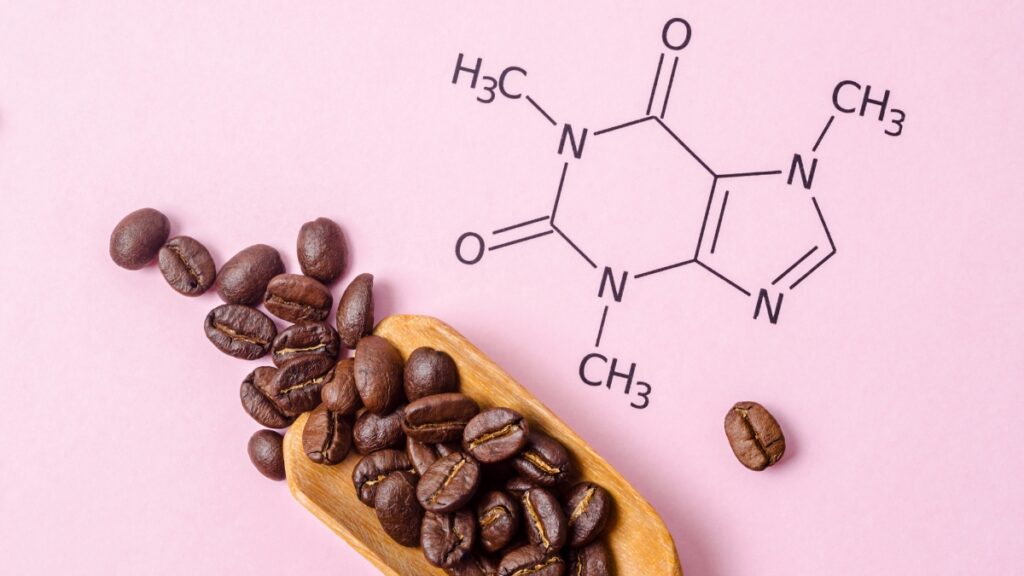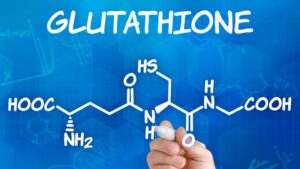Caffeine, the world’s most popular psychoactive drug, fuels our mornings, powers through afternoons, and sometimes even lingers into the night. But amidst the familiar aroma of coffee and the convenient pick-me-up of energy drinks, lies a complex relationship between this stimulant and our health. Let’s delve into the effects of caffeine on our body and mind, explore alternatives for a natural boost, and find the key to achieving balance in our caffeinated world.
Jitters and Jolts: The Wild Ride of Caffeine
Caffeine works by blocking adenosine, a brain chemical that promotes sleepiness. This blockade leads to a cascade of effects, including:
- Increased alertness and focus: Feeling more awake and mentally sharp is the most sought-after perk.
- Enhanced physical performance: Improved endurance and strength thanks to stimulated muscle contractions and increased adrenaline.
- Boosted mood: Caffeine can trigger the release of dopamine, a neurotransmitter associated with pleasure and reward.
- Anxiety and jitteriness: Overconsumption can lead to nervousness, restlessness, and even panic attacks.
- Disrupted sleep: Difficulty falling asleep or staying asleep due to prolonged alertness.
- Digestive issues: Increased stomach acid production can cause heartburn, indigestion or GERD.
Beyond the Cup: The Hidden Costs of Caffeine
While moderate caffeine intake (around 400mg daily, roughly 4 cups of coffee) is generally considered safe for healthy adults, exceeding this limit or having underlying health conditions can lead to:
- Addiction and withdrawal: Regular high intake can lead to dependence, causing headaches, fatigue, and irritability when stopping abruptly.
- Increased blood pressure and heart rate: Especially in individuals with pre-existing heart conditions.
- Osteoporosis: High caffeine intake may interfere with calcium absorption, potentially impacting bone health.
- Increased anxiety and insomnia: Especially for individuals sensitive to caffeine or with anxiety disorders.
- Pregnancy and breastfeeding concerns: High intake may impact fetal development and infant sleep.
Seeking Alternatives
If you’re looking to reduce your caffeine dependence or explore natural alternatives, consider these options:
- L-theanine: This amino acid found in green tea promotes relaxation and focus without jitters.
- Guarana: A natural source of caffeine with a slower release, providing sustained energy without the crash.
- Ginseng: Boosts mental clarity and energy levels, though research on its effectiveness is ongoing.
- Maca: Adaptogenic root that may enhance energy and reduce stress, especially in menopausal women.
- Exercise: Regular physical activity increases energy levels naturally and improves mood.
- Adequate sleep: Prioritizing quality sleep is the ultimate energy booster and supports overall health.
- Hydration: Dehydration can mimic fatigue. Drinking enough water ensures optimal body function and alertness.
- Healthy diet: Eating nutritious foods provides sustained energy and improves cognitive function.
Finding Your Balance: A Sustainable Approach to Energy
The key to navigating the caffeine landscape lies in achieving balance. Consider these tips:
- Monitor your intake: Be mindful of caffeine content in beverages and foods. Track your consumption and find your personal limit.
- Listen to your body: Pay attention to how caffeine affects you and adjust accordingly. If you experience negative effects, cut back or explore alternatives.
- Choose wisely: Opt for lower-caffeine options like green tea or black tea compared to coffee or energy drinks.
- Gradually reduce: If aiming to decrease intake, do so gradually to avoid withdrawal symptoms.
- Prioritize sleep and healthy habits: Ensure quality sleep, eat a balanced diet, and exercise regularly for natural energy and well-being.
Remember, caffeine can be a helpful tool, but it’s crucial to understand its effects and use it judiciously. By exploring alternatives, prioritizing healthy habits, and finding your personal balance, you can harness the power of energy without compromising your health and well-being. So, ditch the jitters and embrace a holistic approach to feeling your best, naturally.
Interested in learning more from our experts? Book your FREE consultation today or call 406.869.1066!




